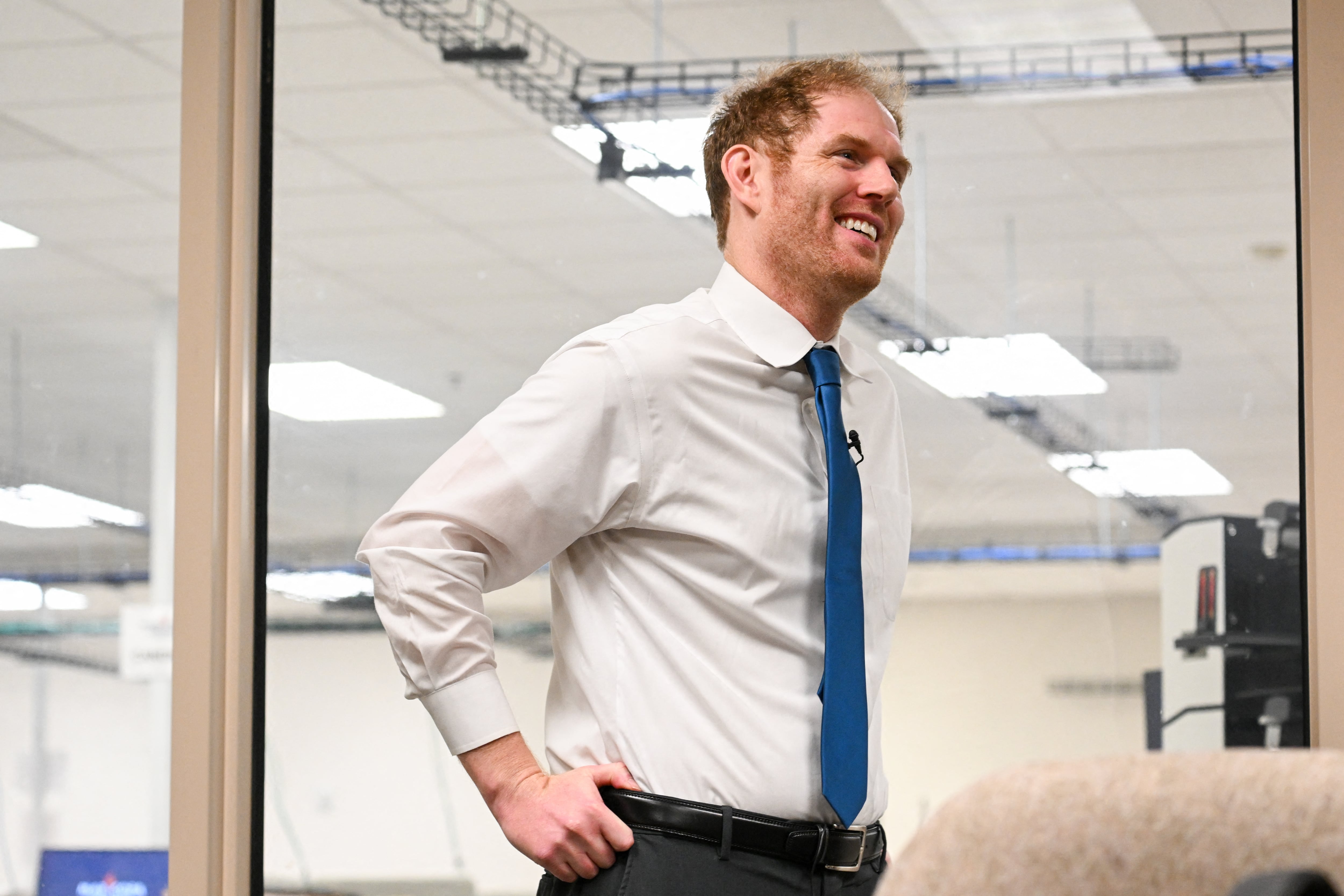Votebeat is a nonprofit news organization reporting on voting access and election administration across the U.S. Sign up for Votebeat Arizona’s free newsletter here.
Update, Sept. 30: The Secretary of State’s Office is now estimating that 218,000 Arizonans are affected by the error that misclassified voters, but says that number may not be final. The office has not yet fully explained what is causing the number to fluctuate.
The 98,000 Arizona voters whose eligibility has been in limbo because of a system error that was discovered earlier this month will be allowed to vote a full ballot in November, the Arizona Supreme Court ruled Friday.
These voters had been erroneously marked in the state’s system as having provided documented proof of U.S. citizenship when registering to vote, when in reality, it is unclear whether they did so. Arizona requires such documentation in order to vote in state and local elections. Voters who are unable to provide it are added to a separate roll of “federal only” voters, and can cast ballots only in presidential and congressional races.
The error had been occurring for roughly two decades before Maricopa County election officials flagged the problem earlier this month. The affected voters are all longtime residents of the state, and many have been on the rolls for years.
Secretary of State Adrian Fontes, a Democrat, and Maricopa County Recorder Stephen Richer, a Republican, asked the Arizona Supreme Court on Sept. 17 to determine whether the voters affected by the glitch should be permitted to vote a full ballot in this year’s election, or one with only federal races.
The Arizona Supreme Court moved quickly. Chief Justice Ann Scott Timmer wrote that, because it was unclear whether the voters had provided proof of citizenship in the past, counties could not legally remove them from the voter rolls. The court was especially reluctant to do so, she wrote, because of how close it is to Election Day.
“We are unwilling on these facts to disenfranchise voters en masse from participating in state contests,” Timmer wrote. “Doing so is not authorized by state law and would violate principles of due process.”
Fontes had been hoping that the court would rule this way.
“We won,” he wrote in a social media post Friday shortly after the ruling. “No voters on ‘the list’ will be made Fed-Only. Congrats team.”
While the 98,000 voters affected will not be required to provide the documentation before November’s election, they will need to provide it before future elections, the Secretary of State’s Office said Friday. County election officials will reach out to affected voters, though it’s not clear how that process will work.
Richer’s office had argued the voters should be given a federal-only ballot in what both he and Fontes described as a “friendly lawsuit” meant to allow the court to settle the question as soon as possible. Saturday is the federal deadline for counties to send out ballots to military and overseas voters, and early voting in Arizona begins on Oct. 9. Maricopa County began the process of printing ballots this week.
Richer, too, hailed the ruling in a social media post Friday. “Thank God,” he wrote.
The state’s Republican leaders have been pushing for more thorough voter citizenship checks, but GOP Chairwoman Gina Swoboda said in a video she posted Tuesday that she believed it was too late to require these voters to get their documents filed before the election. She also said it would be unfair, because the voters weren’t at fault for the mistake.
Swoboda said in a phone call Friday that changing the voters’ eligibility shortly before the election not only violates federal law, but also would cause mass voter confusion.
Republican state legislative leaders had filed a motion in court agreeing with Fontes that these voters should be allowed to vote a full ballot.
There were more Republicans on the list than independents or Democrats, according to information provided by Fontes’ office. Of the 97,928 voters on the list, 36,539 were Republican. Another 26,878 were Democrats, and the rest were not affiliated with a party or were registered with another party.
The error is rooted in the way the Motor Vehicle Division provides driver’s license information to the state’s voter registration system. The voters affected by this particular error are people who first obtained their Arizona driver’s license before October 1996 and then were issued a duplicate replacement before registering to vote sometime after 2004, according to Fontes.
It’s unclear why no one noticed the error sooner, Fontes said.
Jen Fifield is a reporter for Votebeat based in Arizona. Contact Jen at jfifield@votebeat.org.





